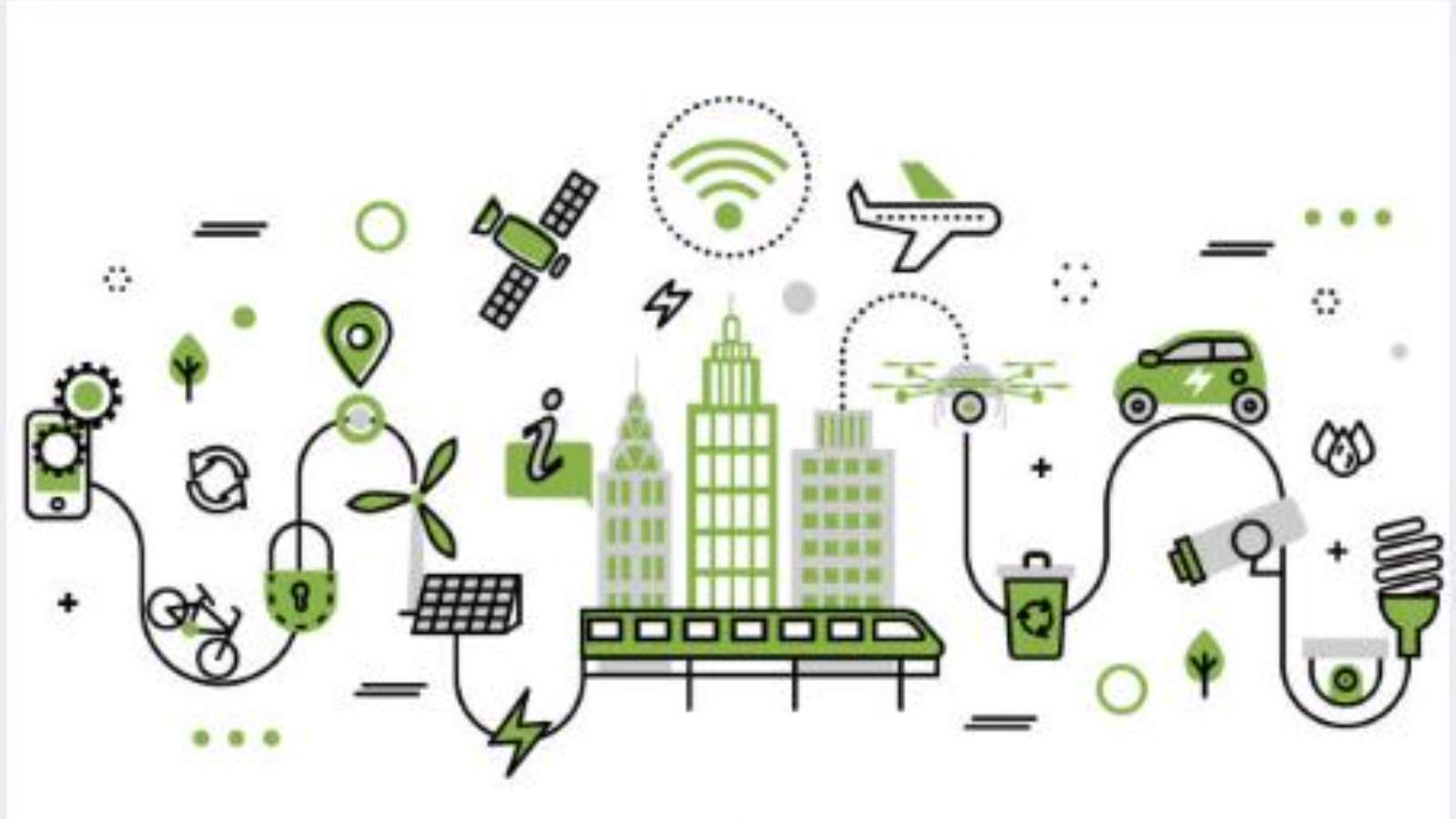In this Article
Introduction
Melbourne, a city renowned for its cultural vibrancy and high quality of life, is at the forefront of technological innovation. As it evolves into a smart city, Melbourne has implemented cutting-edge technologies to enhance urban living.
However, the journey doesn’t stop here. The transition from Smart City Melbourne to Future City Melbourne is anticipated to bring even more transformative changes.
This article explores the anticipated technological trends that will shape the future of Melbourne, comparing its current smart city initiatives with the innovations on the horizon.
Smart City Melbourne vs. Future City Melbourne: Anticipating Technological Trends
The evolution of Melbourne from a smart city to a future city involves embracing new technological trends that promise to redefine urban living. Here are some key areas where these advancements will make a significant impact:
Current State: Smart City Initiatives
1. Infrastructure and Connectivity
- Wi-Fi Hotspots: Melbourne has strategically placed free Wi-Fi hotspots across the city, enabling residents and visitors to access the internet in public areas seamlessly.
- Smart Lighting: The city employs smart lighting systems that adjust brightness based on pedestrian activity and environmental conditions. This not only enhances safety but also improves energy efficiency by reducing unnecessary lighting during low-activity periods.
2. Sustainability and Environment
- Solar Energy Projects: Melbourne has initiated several solar energy projects, including the installation of solar panels on public buildings and incentives for residential adoption. These efforts aim to reduce dependency on fossil fuels and promote renewable energy sources.
- Waste Management Systems: Smart waste bins equipped with sensors are used to optimize waste collection routes. These bins automatically alert collection services when they are nearing capacity, improving efficiency and reducing operational costs.
3. Transportation and Mobility
- Bike-Sharing Programs: Melbourne’s bike-sharing programs offer residents and visitors a convenient and eco-friendly transportation option. By encouraging cycling, the city aims to reduce traffic congestion and promote a healthier lifestyle.
- Smart Parking: Utilizing smart parking systems, Melbourne provides real-time information on available parking spots to drivers. This reduces the time spent searching for parking, decreases traffic congestion, and lowers vehicle emissions.
4. Citizen Engagement and Services
- E-Government Services: Melbourne offers a range of e-government services that allow residents to access public services online. This includes paying bills, applying for permits, and accessing government information, enhancing convenience and efficiency.
- Public Wi-Fi: Free public Wi-Fi zones throughout Melbourne enhance digital connectivity for all citizens, supporting access to online services, education, and communication.
Future Trends: Enhanced Infrastructure and Services
1. Infrastructure and Connectivity
- Quantum Internet: Future City Melbourne anticipates leveraging quantum internet technology for ultra-secure communication and faster data transmission. This advancement could revolutionize cybersecurity and data privacy standards.
- Edge Computing: Implementing edge computing technologies will enable decentralized data processing closer to the source, reducing latency and enhancing the speed and reliability of real-time applications and services.
2. Sustainability and Environment
- Carbon Capture and Storage (CCS): Future City Melbourne aims to adopt CCS technologies to capture and store carbon emissions from industries and power plants. This initiative supports the city’s commitment to reducing its carbon footprint and combating climate change.
- Smart Water Grids: Advanced water grids equipped with IoT sensors will monitor water distribution in real-time. These systems will optimize water use, detect leaks promptly, and improve overall water management efficiency.
3. Transportation and Mobility
- Hyperloop Systems: Future City Melbourne is exploring the potential implementation of hyperloop systems for ultra-fast and energy-efficient transportation between urban centers. This mode of transport could significantly reduce travel times and alleviate traffic congestion.
- Flying Taxis: Autonomous flying taxis are envisioned as a futuristic transportation option that could revolutionize urban mobility. These vehicles could offer a rapid and convenient mode of travel, reducing ground traffic and commuting times.
4. Citizen Engagement and Services
- Augmented Reality (AR) Public Services: Future City Melbourne could integrate AR technology to offer interactive public services. For instance, AR could provide virtual tours of historical sites, deliver real-time public transport updates, and enhance the overall citizen experience.
- Blockchain Governance: Implementing blockchain technology could revolutionize governance in Future City Melbourne. Blockchain’s decentralized and transparent nature could support secure voting systems, transparent public records, and efficient delivery of public services.
Conclusion
The transition from Smart City Melbourne to Future City Melbourne is an exciting journey filled with opportunities and challenges. Embracing technological trends in the future such as quantum internet, carbon capture, hyperloop systems, and augmented reality will significantly enhance the city’s infrastructure, sustainability, and quality of life.
However, this transformation requires careful planning, investment, and collaboration among various stakeholders. As Melbourne continues to evolve, it will serve as a model for other cities aiming to become smarter and more sustainable.
How We Can Help?
The AlphaX ecosystem offers comprehensive solutions to help cities like Melbourne overcome the challenges discussed in this article. From advanced technological integration to sustainable initiatives and citizen engagement platforms, our ecosystem is designed to support cities in their journey towards becoming smart cities. To learn more about how AlphaX can assist your city, visit our contact page.
References
Related Blog Posts
How Smart Cities Connect: Getting Started with Edge AI and IoT Technology
How to Get Started with Edge AI and IoT Technologies in Smart Cities: Overcoming Integration Challenges In recent years, the concept of smart cities has evolved from a futuristic Read More
5 Step Strategy: Ensuring Security and Privacy in 15-Minute Smart Cities
Introduction Ensuring security and privacy in 15-minute smart cities is a critical challenge as urban areas become increasingly connected through IoT and edge AI technologies. These cities aim to Read More
What is a smart city and the challenge of legacy systems
How to Get Started with Integrating Legacy Systems in Smart Cities Smart cities are transforming urban landscapes by leveraging technology to improve the quality of life for residents. However, Read More




